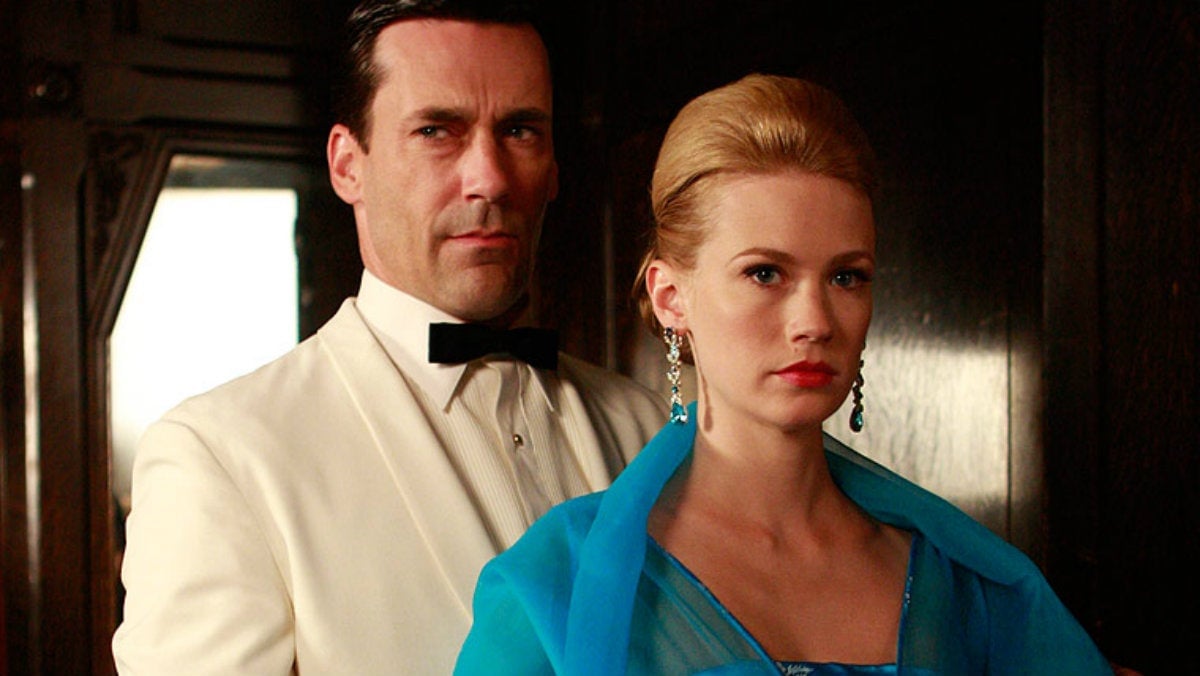The end of monogamy in the ad industry
Procter & Gamble has announced that its Gillette shaving, deodorant, and body wash advertising account is up for review. This comes after its ad agency BBDO had handled the business for more than 80 years, and represents yet another indication that client/agency relationships are not what they used to be in advertising. Today, the industry is increasingly coming under the corporate microscope in terms of its effectiveness and return on investment. Meanwhile, ad agencies are scrambling to justify their role in corporate marketing plans. It’s worth considering that in 1980, advertising comprised about two-thirds of all marketing expenditures by US manufacturers and providers of services. Ten years later, that share had fallen to less than a third. Today, it is even less.

Procter & Gamble has announced that its Gillette shaving, deodorant, and body wash advertising account is up for review. This comes after its ad agency BBDO had handled the business for more than 80 years, and represents yet another indication that client/agency relationships are not what they used to be in advertising. Today, the industry is increasingly coming under the corporate microscope in terms of its effectiveness and return on investment. Meanwhile, ad agencies are scrambling to justify their role in corporate marketing plans. It’s worth considering that in 1980, advertising comprised about two-thirds of all marketing expenditures by US manufacturers and providers of services. Ten years later, that share had fallen to less than a third. Today, it is even less.
What was once a fairly simple, straightforward and richly rewarding business is now confused, inefficient, and increasingly unprofitable. Just 50 years ago, the Mad Men of Madison Avenue could reach 85% of the US population with a media plan worked out in five minutes on the cocktail napkin of their third lunchtime martini. They could also rely on keeping clients for years, provided they produced reasonably satisfactory work and didn’t get caught making passes at the client’s wife. Unfortunately, for an increasing number of agencies, the days when Campbell-Ewald would handle the Chevy account for 90 years, or Leo Burnett would fly the friendly skies of United for 31 years, are long gone. Now relationships are measured in a year or two. Or, a jaw dropping six weeks in the case of Draft/FCB’s win/loss of the $600 million Wal-Mart account back in 2006.
But the ever-shortening client/agency relationships are simply a reflection of what is happening to business in general. Although most companies continue to beat the “brand building” drum, blithely talking about their long-term investments to increase consumer awareness and favorability, they are mostly publicly traded companies; so everything they do is driven by the quarterly numbers needed to keep the financial analysts sweet. It is a debilitating process they can look forward to every three months. At the same time, most of the major ad agencies (with one significant exception—is this Wieden + Kennedy?) are caught in the same situation. They belong to one of four major multinational holding conglomerates, Omnicom, Publicis, Interpublic, and WPP, all of which are publicly traded and run by bean counters. So, as with their clients, everything they do is also driven by the numbers, and the same three-month cycle.
Some would say that this is a good thing, because it drags the agency kicking and screaming into the modern ways of doing business. No more handshakes on the golf course. Fewer Four Seasons lunches with the media reps. Now it’s all about the bottom line. Today, when it comes to hiring a new ad agency, most clients engage the services of an “agency search consultant,” one of whose primary functions is to work out the compensation package the agency can look forward to, which in turn, means the involvement of the clients’ procurement division. Perhaps you should consider that this means you are engaging the company you will task with creating your next multi-million dollar Super Bowl commercial using the same criteria with which you buy your janitorial supplies. No surprise that these relationships are getting shorter and shorter.
Is there a solution? Only if we can change the entire financial structure of both clients and their agencies, which obviously will never, happen. Perhaps the survival of the advertising agency that creates value for its clients, provides profit for its workers, and treats the consumer with intelligence, will depend on the independent agencies operating now and in the future outside the holding companies. The biggest and most successful one is long-time Nike agency, Wieden + Kennedy, with an impressive array of clients, from Procter & Gamble to Pizza Hut. Another rapidly growing one is New York agency, Droga 5, whose clients include Coca-Cola and American Express. There are many other independents doing impressive work for their clients with the added bonus that they can offer objective advice that is not colored by their need to continually make those numbers. Smart clients are increasingly seeing the value of this, and interestingly enough, the hot favorite to pick up that the Gillette account mentioned at the beginning of this piece is Wieden + Kennedy. If an icon of corporate America can be considering such a move, relationships might start improving.